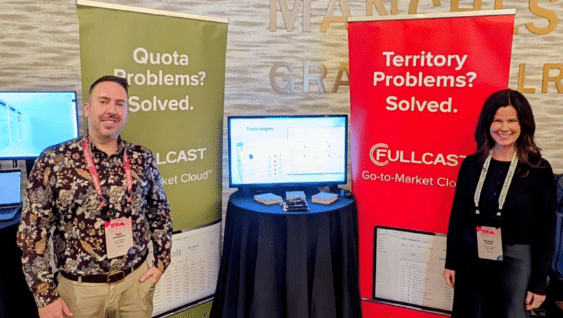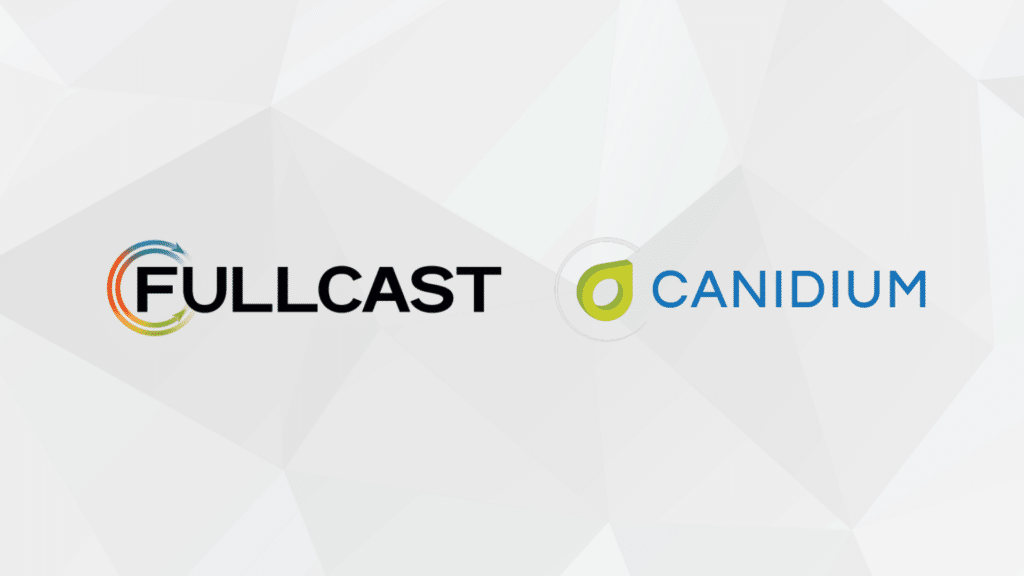Let’s face it: Building loyal customers is great for business.
By maintaining engaging customer relationships and responding to clients’ needs, your company’s success doesn’t have to rely solely on acquiring new customers for growth.
Instead of spending thousands on luring a new client into buying, the company can invest in product development, scalable resource allocation, and the overall customer experience. This approach to retention ensures that the company both directly satisfies the needs of its clients and indirectly gains new ones. Word of mouth is a valuable instrument, and satisfied customers will spread the word about the brand sooner or later.
Despite the fact that a well-defined customer success model can yield a 91 percent ROI over three years, many companies (37 percent) don’t have a formal customer success strategy.
If your company struggles with implementing effective customer success strategies, here are the four biggest mistakes most companies tend to make:
1. Lack of Proactive Engagement
Many companies wait for customers to reach out with problems instead of proactively engaging with them to identify and resolve issues before they escalate. This reactive approach can lead to customer dissatisfaction and churn.
The Culprit: Inadequate Onboarding
Failing to provide comprehensive onboarding and training can leave customers feeling unsupported and unable to fully utilize the product or service, leading to frustration and disengagement.
The Solution: Automated Workflows and Task Management
With automated onboarding workflows, teams can identify potential issues through data analysis and health scores, then engage with customers proactively and address concerns before they become significant problems.
The key is that Fullcast helps manage the entire customer lifecycle, from onboarding to renewal, so customers receive appropriate support and engagement at every stage of their journey.
Since most customer success managers (72 percent) would prefer more automation for routine tasks, our platform simplifies proactive outreach tools, such as follow-ups, check-ins, and renewals, so teams can focus on high-value activities and personalized customer interactions.
2. Poor Communication and Follow-Up
When customer success relies on spreadsheets to keep track of customers, inevitably, somebody is going to get overlooked, misinterpreted, or forgotten. By the time teams recognize their mistake, it’s too late, and the customer has churned.
The Culprit: Lack of Personalization
Relying on manual outreach and sending generic, one-size-fits-all messages instead of personalized communication that addresses specific customer needs and concerns can reduce the effectiveness of customer success efforts.
The Solution: Enhanced Customer Communication
Get personal with customized automation. Fullcast enables personalized communication strategies to ensure that customers receive relevant and timely messages tailored to their specific needs and preferences. No spreadsheets. No manual tracking.
When surveyed, 34 percent of customer success teams said that lacking tools is a challenge for growth. With Fullcast, teams can utilize automated follow-up communications so no customer inquiries or issues fall through the cracks, leading to better responsiveness and customer satisfaction.
3. Insufficient Use of Data and Analytics
Collecting data is only part of the process. When companies don’t leverage customer data effectively, they won’t understand usage patterns, identify potential issues, or tailor their support efforts. This lack of insight can hinder the ability to provide targeted and effective support.
The Culprit: Failure to Track Key Metrics
Not tracking important metrics such as customer satisfaction, churn rates, and product usage can prevent companies from identifying trends and areas for improvement in their customer success strategies.
The Solution: Leverage Customer Feedback
Did you know that only 7 percent of organizations track their customer health scores?
At Fullcast, we believe that monitoring customer health scores and customer usage patterns is vital for more effective customer success efforts. The Fullcast platform provides tools to monitor customer health scores, using data-driven insights to identify at-risk customers and proactively address their needs before issues escalate. By analyzing customer usage patterns, Fullcast helps identify how customers are interacting with the product, allowing for targeted interventions and tailored support.
Fullcast makes it easy to collect and analyze customer feedback and provide insights that can be used to improve products, services, and support processes.
The platform also tracks key performance metrics, helping customer success teams measure the effectiveness of their strategies and make data-driven improvements.
4. Misaligned Teams
When customer success teams operate in isolation from sales, marketing, and product teams, it can lead to misaligned goals, inconsistent messaging, and a fragmented customer experience.
The Cause: Inadequate Feedback Loops
Failing to establish strong feedback loops between customer success and other departments can prevent valuable customer insights from being used to inform product development and marketing strategies.
Solution: Cross-Departmental Collaboration
Fullcast integrates with CRM and other essential tools to provide customer success teams with comprehensive customer data so they can collaborate effectively with sales, marketing, and product teams.
This centralized platform provides a unified view of customer data, enabling cross-functional teams to align their efforts and ensure a consistent and cohesive customer experience.
Fullcast improves customer success strategies by leveraging its robust RevOps platform to address key areas that enhance customer engagement, satisfaction, and retention.
For more effective customer success, start by focusing on the customer. By using proactive data-backed outreach strategies that move your efforts away from manual spreadsheets to an automated platform, your customer success team can provide a seamless, personalized experience that exceeds customer expectations and transforms happy customers into brand advocates.
Do you have questions on how Fullcast can bolster your sales and customer success processes? Let’s chat.











